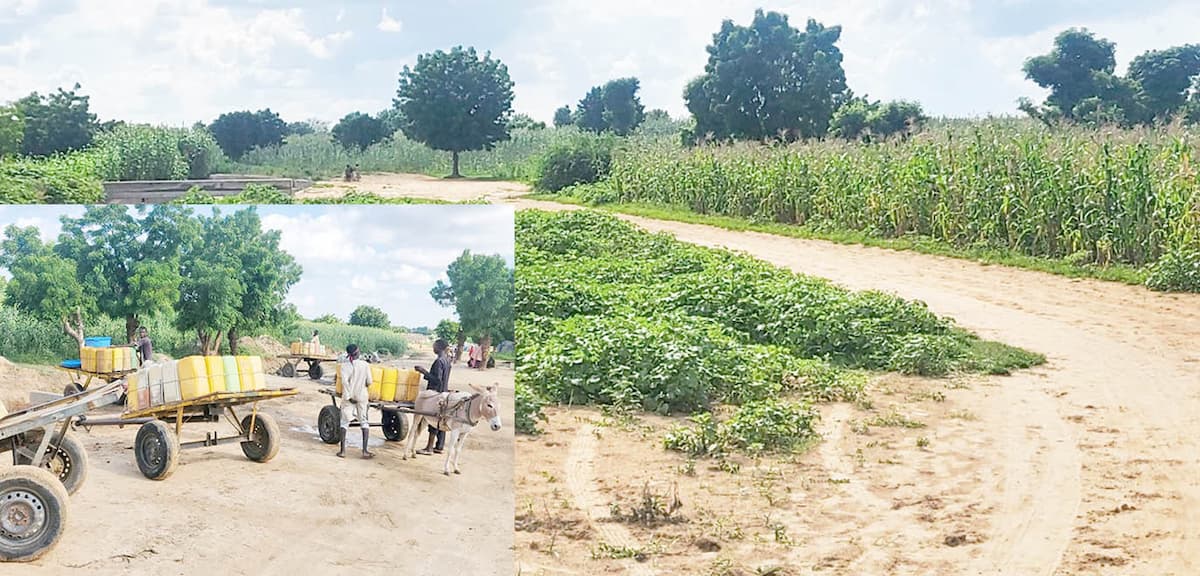While Nigeria battles insurgency, banditry, and other forms of criminal activities, little attention is paid to securing the country’s borders, especially the one with the Niger Republic – believed to be the major route of arms smuggling into the country. This is even as corruption among security officials saddled with the border security responsibility further complicate the situation as finding by Daily Trust on Sunday from a trip to two of the major entry points indicate.
Open, scarcely policed borderlines, homogeneity of the peoples on both sides, and security officials often willing to look the other way for a few Naira notes: This is the summary of the story of Nigeria’s vast land borders which security experts and policymakers often describe as the gateway for illegal arms fuelling the country’s intractable armed conflicts.
Nigeria has been battling a 12-year-old insurgency with the North-East geopolitical zone as its epicenter. A United Nations Development Program (UNDP) report, released in June, says 349,000 people were killed either directly or indirectly by the Boko Haram insurgency.
In parts of the North West and North Central, banditry in rural communities, which started as a little flame of criminality is ballooning into another long-drawn security problem and creating in its trail another humanitarian crisis. In a June 2020 report, a security think tank, International Crisis Group, estimates that since 2011, when the menacing rural banditry began to escalate into full-blown armed criminality, some 8,000 persons had been killed, mainly in Zamfara State, while about 200,000 were displaced from their homes, with about 60,000 of them fleeing into the neighbouring Niger Republic. Despite thousands of the displaced persons returning home, early this month, over 50,000 others were still taking refuge in the neighbouring country according to a Daily Trust story.
Besides these two major security challenges afflicting the country, there has also been armed insurrection by members of the militant wing of the Indigenous Peoples of Biafra (IPOB), in addition to cases of cultism, kidnapping for ransom and armed robbery.

